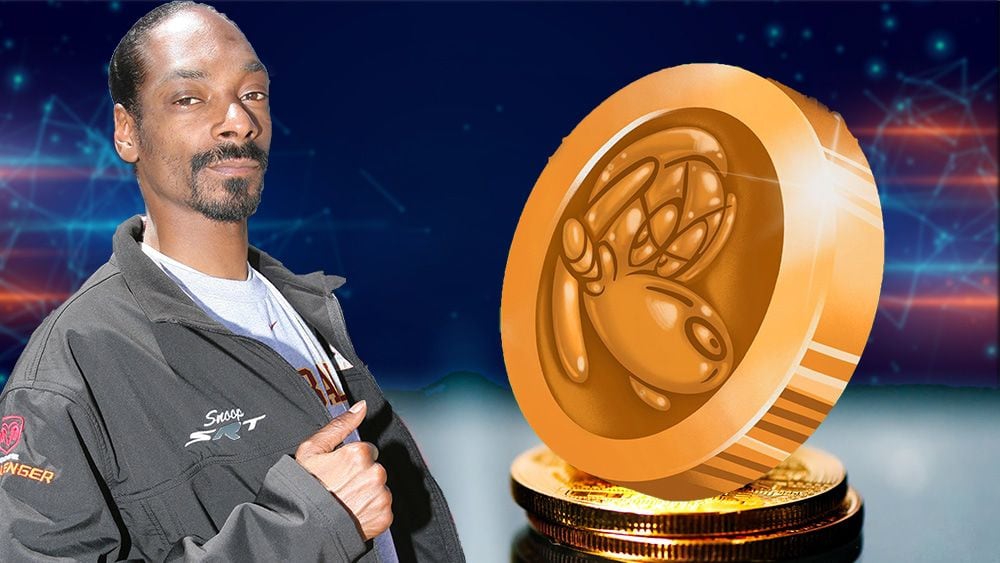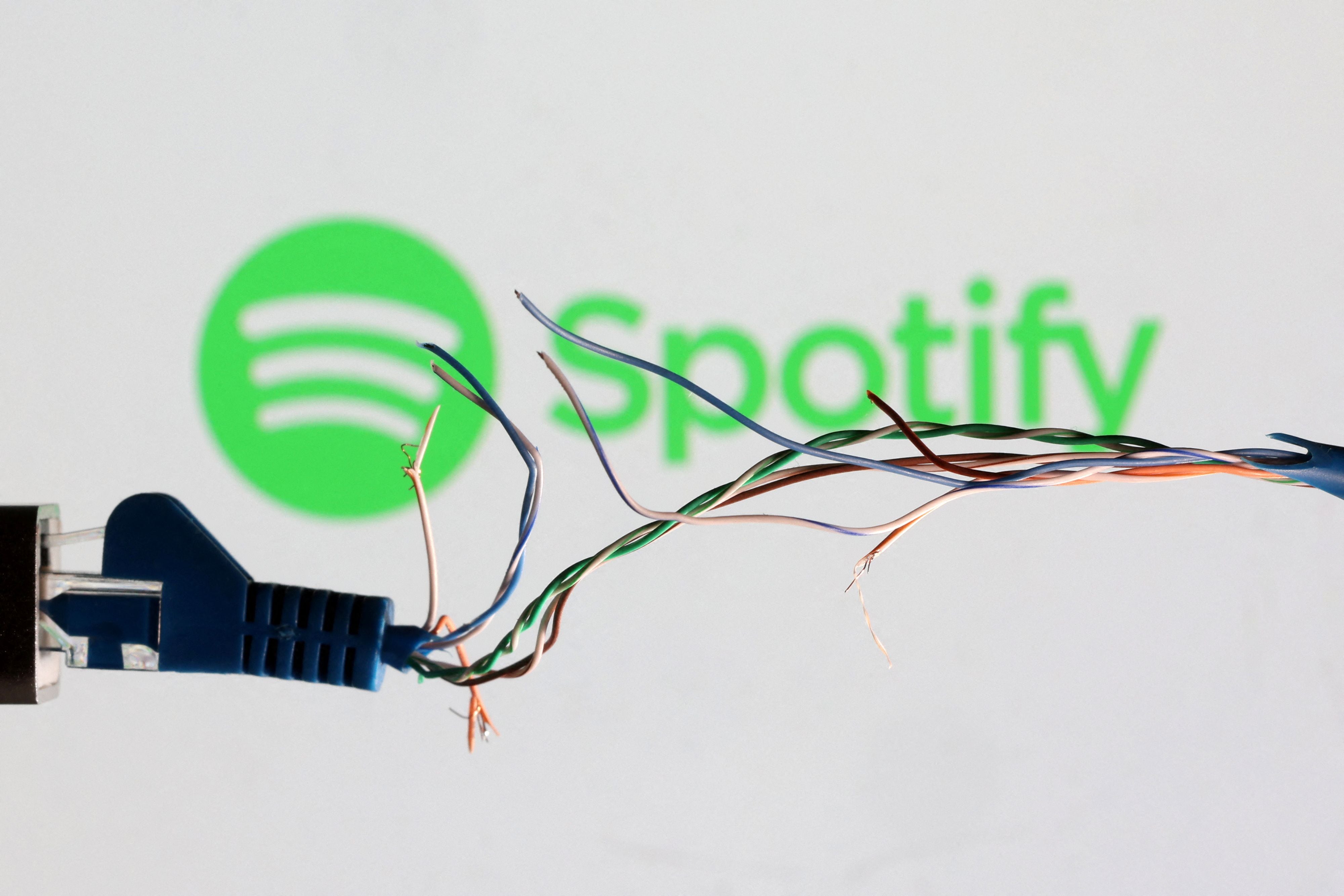
The music industry has always had a war with Spotify. Reason? That the streaming platform isn't paying them enough for their songs. According to Vice, Spotify pays around $0.0042 per copy. This means that artists will need around 300,000 visits per month to earn the minimum wage.
The artists, who denounce the lack of transparency to really know where the profits go, have grown tired of the precariousness of the platform and many have sought other compensation systems for their work. The most common are NFTs or non-fungible tokens.
In response to this new trend and to prevent artists from leaving its platform, Spotify is developing plans to add blockchain technology and alternative tokens non-existent to your streaming service. According to the aforementioned source, Spotify has published two job offers that reflect the platform's interest in cryptocurrencies and Web3-related projects.
The music industry wants to start in the world of non-fungible tokens
Spotify's sudden interest in blockchain comes after major tech companies like Meta announced earlier last week that Instagram would add NFT functionality to your platform. Other companies, including Twitter and Reddit, are also working on creating new features for the NFT exchange.
NFTs, also known as a non-fungible token, uses blockchain technology to certify ownership of digital assets. According to market tracker Nonfungible, most of the $17.7 billion of NFTs generated last year were in visual arts, games and collectibles.
This year, the system will be extended to the music sector. This could include selling digital albums or using NFTs to buy songs or concert tickets.

Musicians such as rapper Snoop Dogg and DJ Steve Aoki have become famous NFT collectors, but they are the only ones.
American rock band Kings of Leon and Canadian singer-songwriter Grimes released their musical NFTs some time ago, while major record labels Warner and Universal Music Group joined the NFT project, as a virtual team with members of Ape Yacht from Bored Yuga Labs.
However, these are not the only initiatives of the NFT. DJ and producer 3LAU has launched Royal, an application that allows musicians to sell ownership of their songs to collectors in exchange for cash. Royalties are collected by both collectors and artists.

The earnings that artists have on the sale of their songs as NFTs exceed those of Spotify
The source of the problem is Spotify's algorithm and compensation model. The thing is that singers charge a percentage per broadcast. The algorithm, on the other hand, always favors the most successful pieces, a system that works to the detriment of the most independent musicians. That is, the more a song is listened to, the more it is present in the recommendation systems of the platform, which makes it unsustainable for many artists.
Some artists say it's enough and switch to blockchain-based technology, also known as web3. And the fact is that the income they earn by selling their songs as a non-fungible token is greater than what they earn from Spotify.

“I made someone buy my song for the amount that would have needed a million plays on Spotify,” explained to Bloomberg Iman Europe, a singer-songwriter who has made 22.2 Ether (now worth almost $60,000), selling five singles and a music video as NFT. “With Spotify, I only made $300 despite having more than 4 million views. Now, $60,000,” he added.
According to Water and Music, musicians like Iman Europe have sold 83 million copies through NFT. Independent artists account for 70% of this revenue. Grammy Award winner John Legend and a group of entrepreneurs and venture capitalists announced earlier this month that they will launch a platform for artists to monetize their work using NFT technology.
This remuneration model is especially advantageous for independent musicians, as the NFT allows them to be independent of the Spotify algorithm.

Finally, there is one of the great unknowns of this retributive model and that is intellectual property. In this regard, NFT buyers gain ownership of digital assets, as well as exclusive rights in some cases for a single person.
However, musicians don't need to give ownership of their content to platforms in the first place. Property records are embedded in the metadata. Artists can choose to assign the rights to a song or album when they reach the NFT, or retain ownership of that.
KEEP READING
Últimas Noticias
Debanhi Escobar: they secured the motel where she was found lifeless in a cistern
Members of the Specialized Prosecutor's Office in Nuevo León secured the Nueva Castilla Motel as part of the investigations into the case

The oldest person in the world died at the age of 119
Kane Tanaka lived in Japan. She was born six months earlier than George Orwell, the same year that the Wright brothers first flew, and Marie Curie became the first woman to win a Nobel Prize

Macabre find in CDMX: they left a body bagged and tied in a taxi
The body was left in the back seats of the car. It was covered with black bags and tied with industrial tape
The eagles of America will face Manchester City in a duel of legends. Here are the details
The top Mexican football champion will play a match with Pep Guardiola's squad in the Lone Star Cup

Why is it good to bring dogs out to know the world when they are puppies
A so-called protection against the spread of diseases threatens the integral development of dogs




